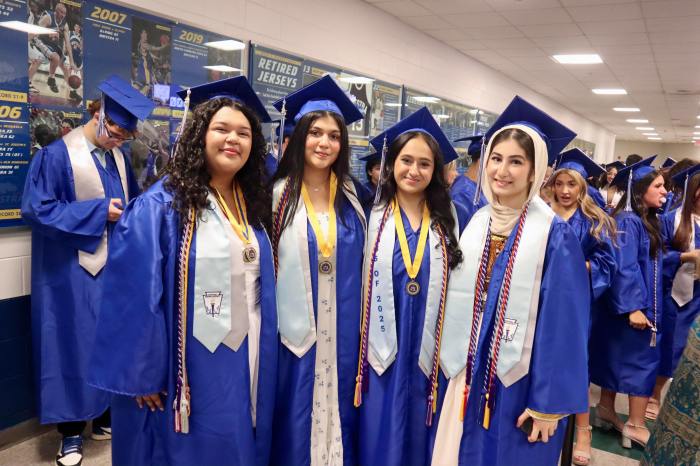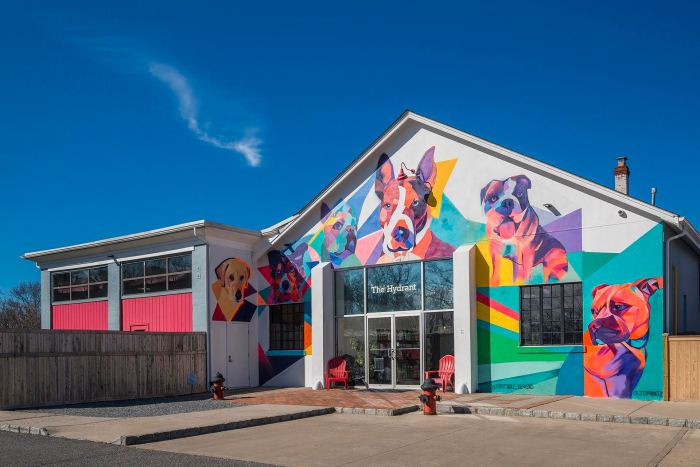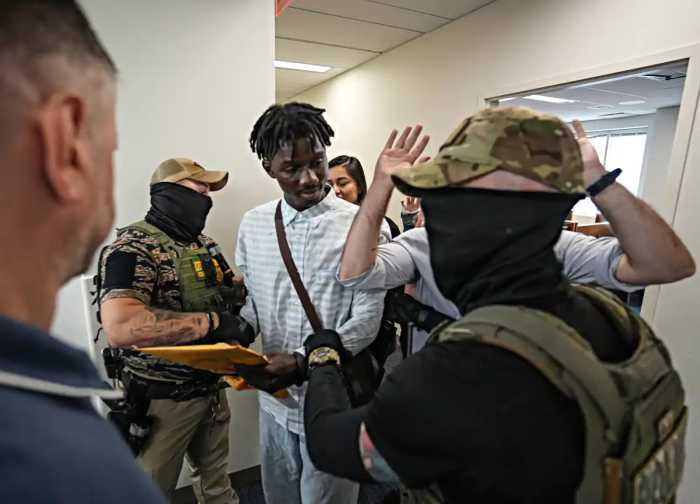They didn’t wear those stupid-looking black-and-white outfits, didn’t land at Plymouth Rock, didn’t steal land from the Indians, didn’t burn witches, and didn’t seek some kind of multicultural hippy commune that exists only in 1990s Benetton advertisements. They didn’t even call themselves Pilgrims.
What they did do was seek to create a tranquil, prosperous, and pious Christian community characterized by spiritual anchorage and intellectual clarity. They celebrated Thanksgiving with their Wampanoag Indian neighbors and marked Christ’s birth in a respectful and subdued manner. No fistfights over parking spaces and video games, no trampling minimum wage store clerks in 3 a.m. doorbuster sales, no life dedicated to gadgets, consumer goods, professional sports, gluttony, and worshiping pop culture icons. People call those who came on the Mayflower the Pilgrim Fathers. Fathers? Forgive me if I don’t see the family resemblance.
Now nobody expects America to remain as it was in 1621. Things change and there’s nothing wrong with change. Even profound change can be healthy. The problem is, the difference between the Pilgrims who celebrated the first Thanksgiving and their first Christmas in the New World, and Americans in 2010, is that we’ve changed not only in degree but also in kind. We don’t have the values the Pilgrims endeavored to engender and, without which, they and their descendants would have perished. Corporations have replaced family-owned businesses and firms that believed in company loyalty, treating their customers and employees with the Golden Rule, and an “honest day’s pay for an honest day’s work.”
Media-generated popular culture has usurped folk culture, individualism has uprooted traditional beliefs and norms, and the Puritan work ethic has given way to consumerism and the endless pursuit of social status symbols. The crassness, crudeness, cynicism, and contemptuousness of the retail mentality acts the way shiny trinkets draw the attention of small children and dumb animals; electronic gadgets have encouraged young people to narcissism, social isolation, and autism-like indifference to the authentic experience of life. How else could thousands of people, like mindless sheep, prefer to stand on long lines in the early morning cold to purchase things they don’t need instead of being with family and friends? (Something tells me these same people will one day be standing in the early morning cold on bread lines and soup kitchens because prosperity and moral character can’t be divorced).
It’s a grim assessment to think that not only is America not a better place than when the Pilgrims arrived but that it’s a worse place than the one they were willing to brave the icy north Atlantic to leave behind. It sounds depressing and pessimistic, I know. But as a Darwinist and as a Christian (yes, one can be both) I believe in evolution and redemption. Things can change. People can change. And when people change, so will things.
Paul Manton
Levittown resident
































